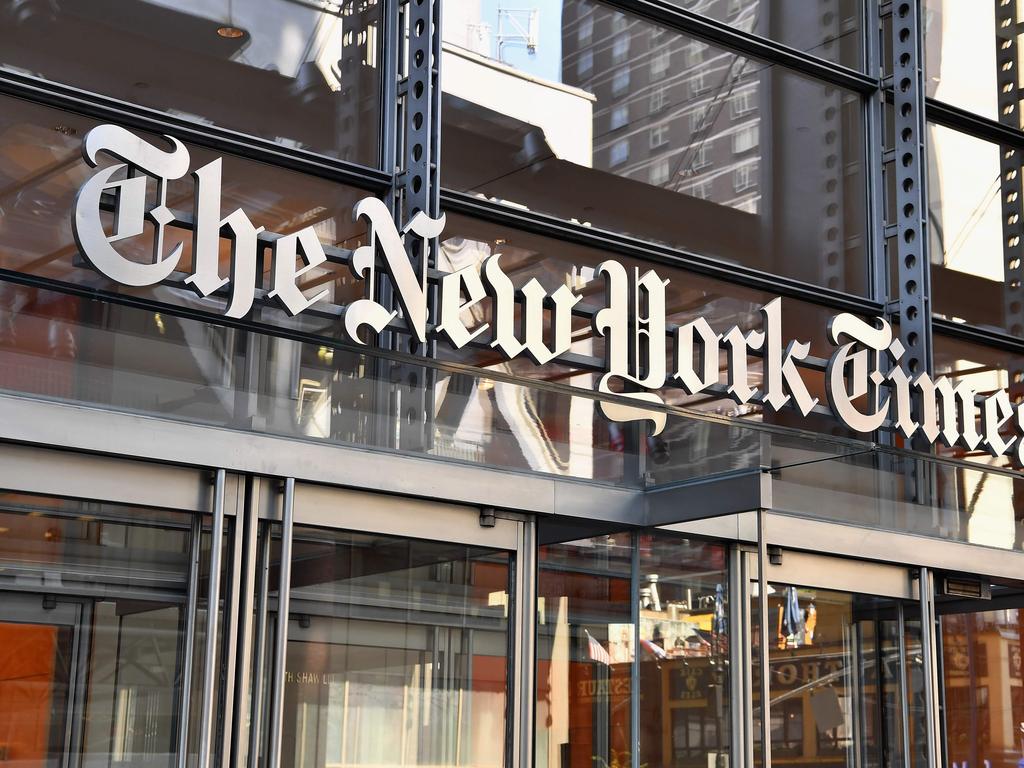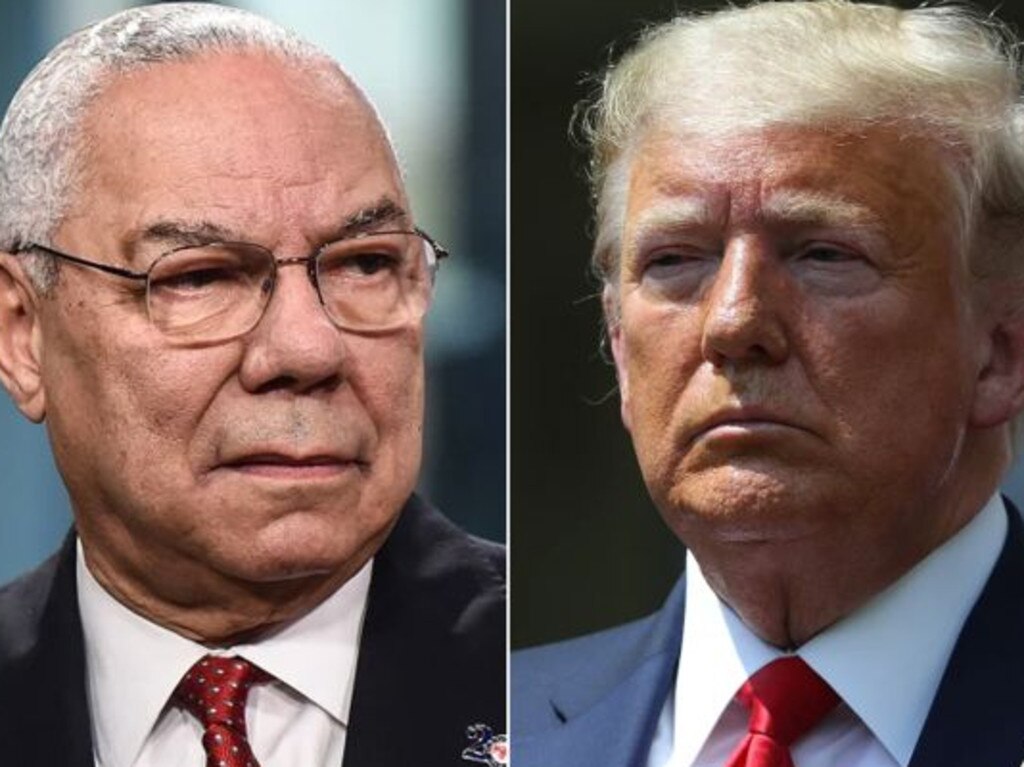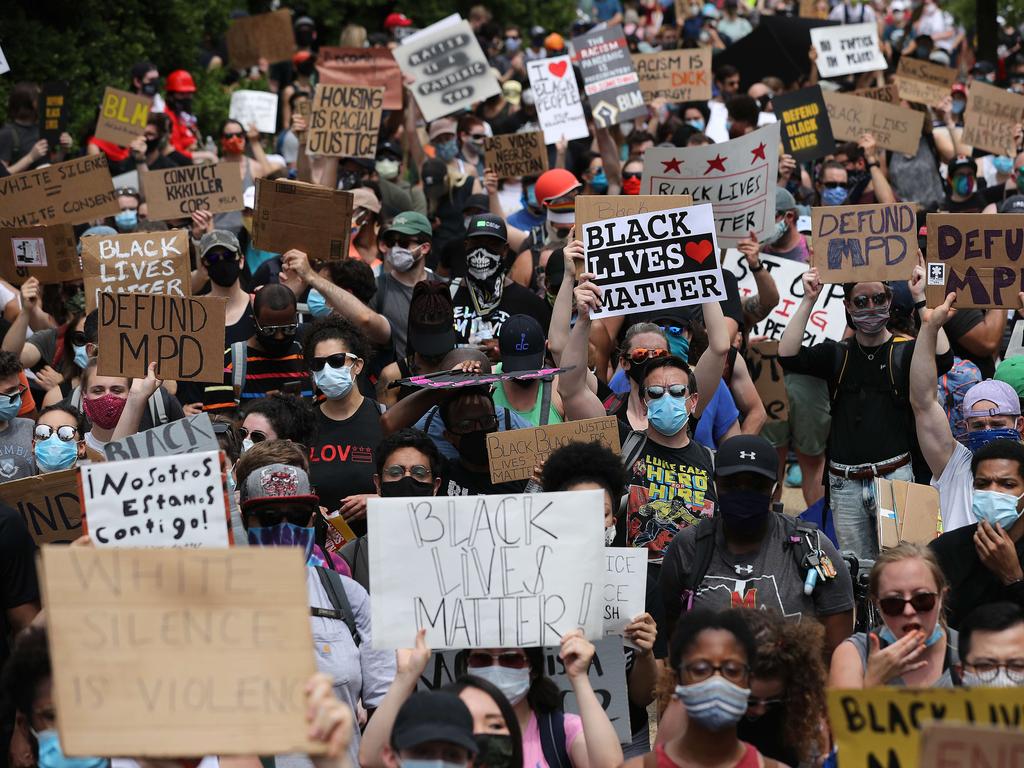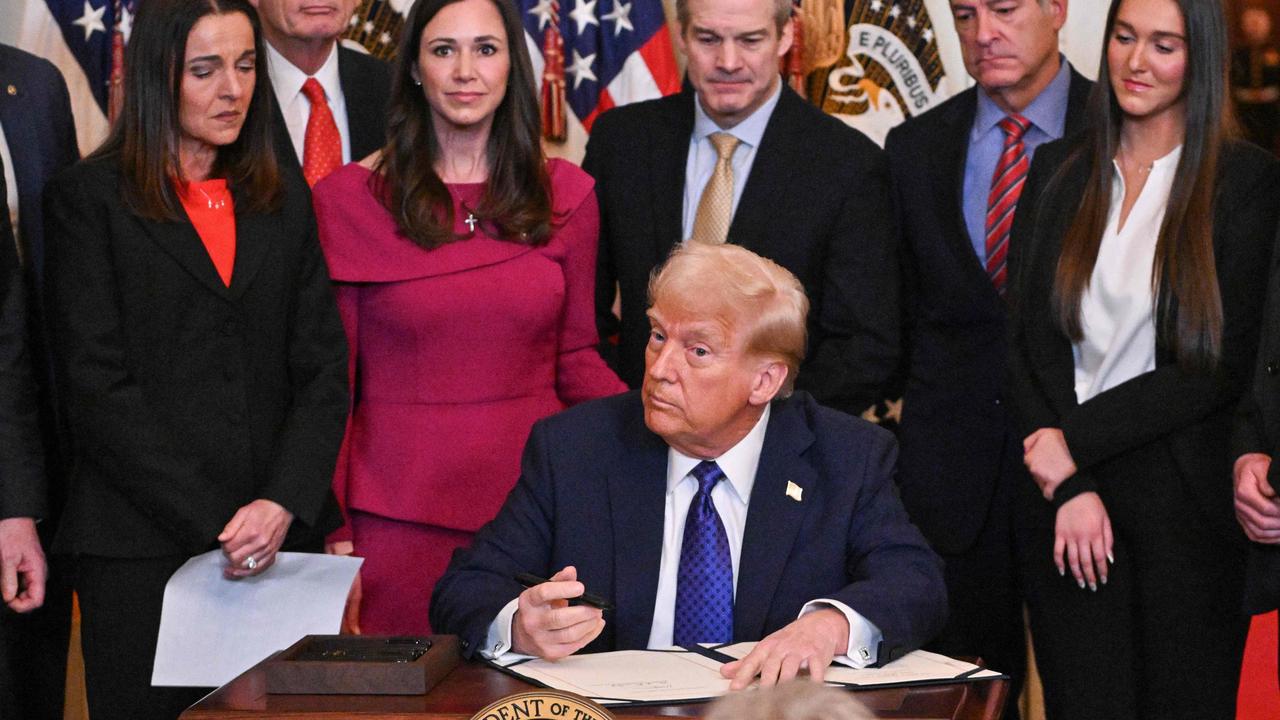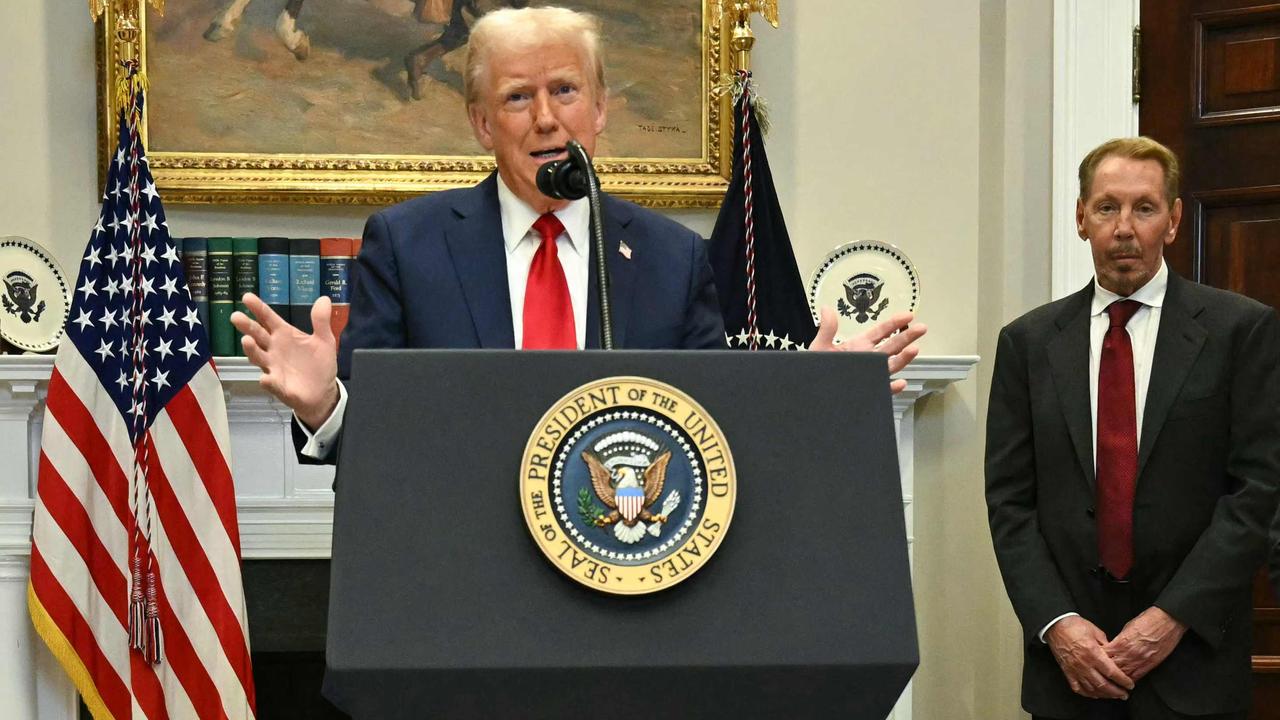Enemies see a weak and divided US. But they’re wrong.
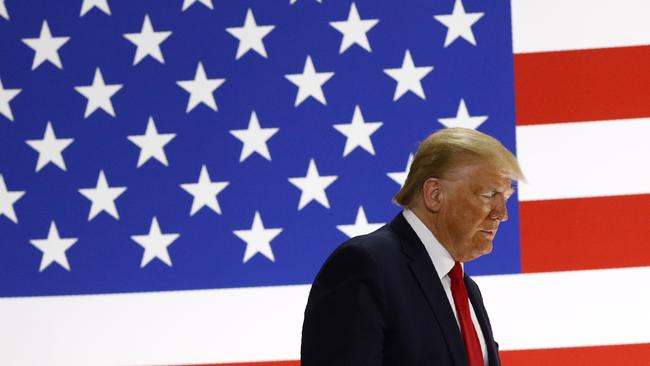
As the White House fumbles with its response to the country’s most disruptive mass movement since the Vietnam War and US society reflects on the agonising problems of race relations, many overseas observers will interpret these events as a further sign of American decline. They likely expect an introspective and divided US to withdraw from world affairs. This is a mistake.
There are, of course, the old, familiar questions about Donald Trump, but for many world leaders they’re not the ones on most Americans’ minds. Men such as Vladimir Putin, Recep Tayyip Erdogan, Kim Jong-un and Xi Jinping don’t particularly care about the President’s views on minorities or the fine points of American democracy. They don’t see the US as a global avatar of democracy on whose success or failure rest the hopes of suffering humanity, nor do they measure Trump by his success or failure at bringing the US closer to its deepest values and its highest ideals. They and many others want to know what the President wants, how effective he will be at getting it, how long he will last, and what will come after him.
Similarly, they are less interested in whether these protests mark a new, higher stage in America’s long struggle to overcome a racial legacy than in how the turmoil will affect US actions abroad. The moral stakes in the American struggle are of little interest beyond the democratic world. Few tears are shed in Moscow or Beijing government bureaus on behalf of victims of excessive police violence in the US.
And not many Chinese or Russian chief executives are huddling with their staffs to develop plans for easing the lives of minority employees. But from Putin and Xi, through the ranks of the “wolf warrior diplomats” and senior propagandists on down to the lowliest apprentices in the most sordid troll farms, cold calculations are being made about the geopolitical consequences of America’s unrest. Could the divisions, and Trump’s inability to manage them, usher in a period of US infirmity and isolationism?
The intoxicating scent of American weakness can bring out impulsiveness in foreign leaders. During the Civil War, Emperor Napoleon III took the opportunity to install the Archduke Maximilian as emperor of Mexico and dreamt of a vast American empire under French control. In the 1930s, Germany, Italy and Japan all took advantage of US isolationism. Russia attacked Georgia in 2008 as the financial crisis hit America, and Putin’s advances since then have followed his calculations of weakening US focus and will. China’s transition from peaceful rise to threatening bully followed similar assessments of American feebleness.
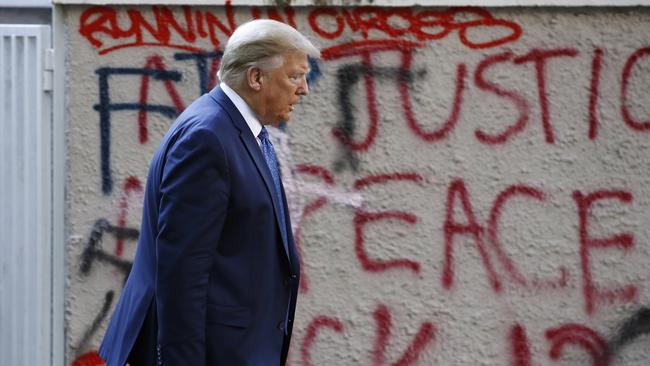
Trump’s instinct will probably be to take dramatic actions to convince foreign leaders that he remains a formidable presence in world affairs. These can easily misfire; impulsive or poorly conceived initiatives often come out looking more like the Bay of Pigs than the Normandy invasion. These debacles underscore foreign perceptions of US incompetence.
Yet foreigners often misunderstand America’s messy and open-ended political process. Xi and Putin and their ilk already believe that democracy is a chaotic and inefficient way to run a country. They interpret demonstrations against the police as threats to the power of the state. They will tell themselves that a nation torn by internal strife will have neither the steadiness of purpose nor the domestic authority necessary to maintain the existing world order.
What they are likely to miss are the signs of American society’s enduring strengths. Despite some regrettable violence by rioters, the overwhelming majority of protesters seek to strengthen US democracy, not to burn the system down. Though there’s much talk of racial polarisation, legal and peaceful protests enjoy widespread white support. As the demonstrations swelled, pastors and elected officials rather than paramilitary wannabes seized centre stage. Recent criticisms of Trump’s approach to the protests from current and former high-ranking defence officials were not — as such rumblings in Moscow, Ankara or Beijing might be — precursors of a military coup.
How US voters will view the past few weeks’ events come November remains to be seen. To oppose police brutality is one thing; to govern a city is something else. There are bad ideas in the mix as well as good ones, and the tendency of some to conflate intellectual intolerance with racial justice should be resisted rather than indulged.
Underestimating America is the most dangerous mistake foreign leaders can make.
Let us hope Xi and Putin keep
this in mind as they reflect on the latest US news.
The Wall Street Journal

